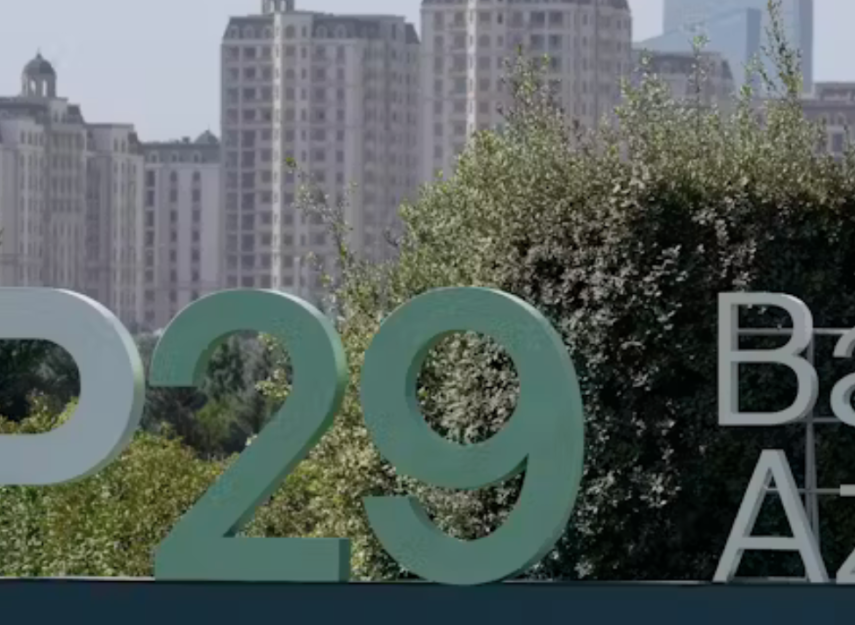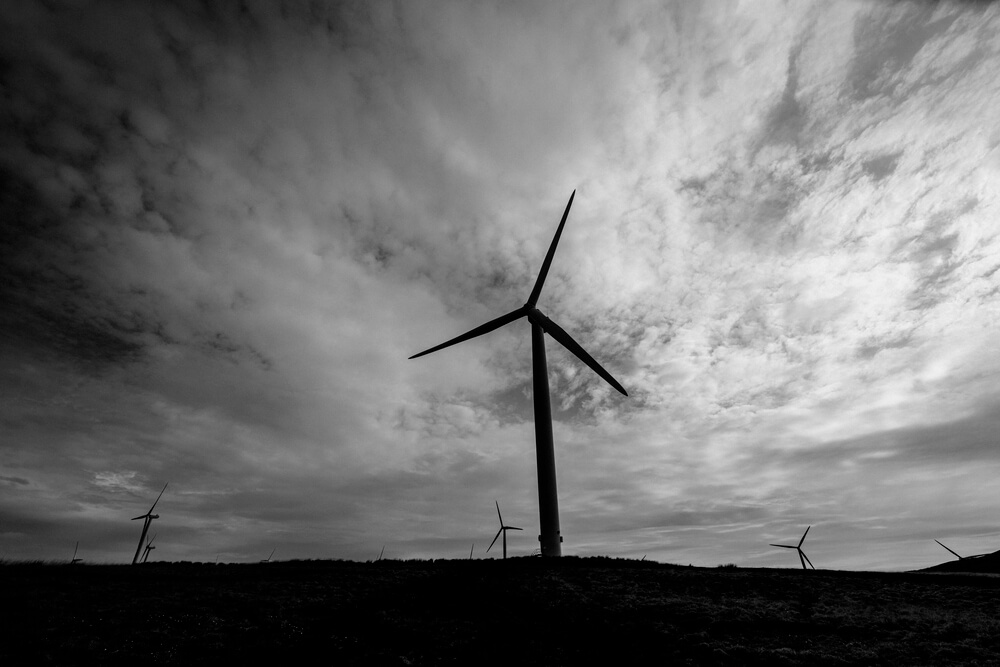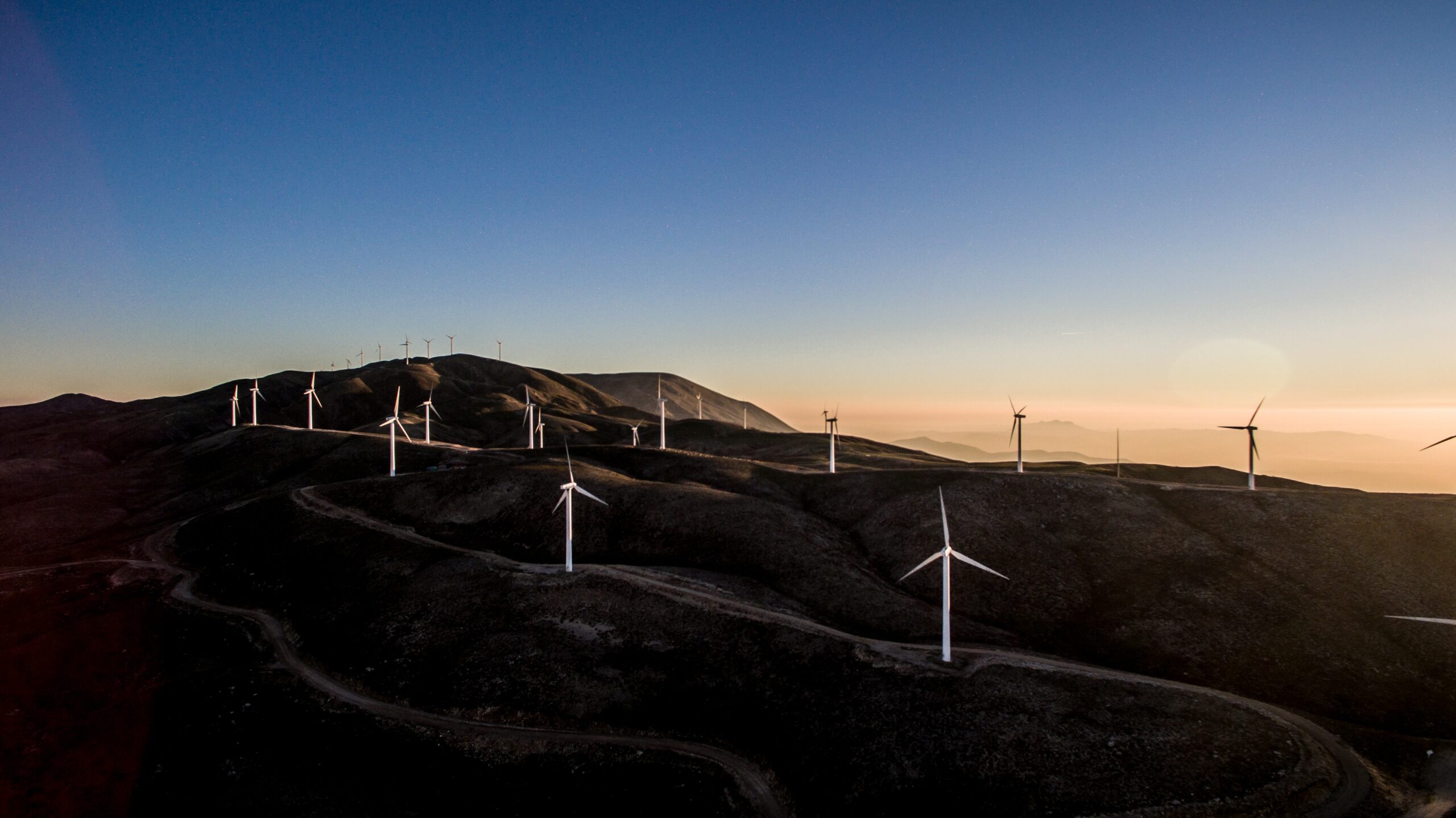
Accusations of Obstructionism and Strategic Delay
Experts have criticized the Saudi delegation’s tactics as disruptive, with some calling them a “wrecking ball.” Saudi Arabia seems to be blocking the negotiations at Cop29 continuously to prevent a repeat of the pledge it reluctantly agreed to a year ago at Cop28 – to “transition away from fossil fuels”. Analysts suggest this aggressive behavior may be linked to political shifts, such as Donald Trump’s election, given his climate skepticism. Saudi Arabia’s vast oil wealth heightens its stakes in blocking fossil fuel phaseouts. At COP29, decisions require consensus, and Saudi resistance could derail progress. Diplomats told The New York Times that this year’s obstructionism is unprecedented. They believe it’s a deliberate strategy to block the phrase “transition away from fossil fuels” in official agreements, fearing it would strengthen its political and legal weight.
Expert Commentary: “Blatant and Brazen” Tactics at COP29
Dr. Joanna Depledge, a Cambridge expert, called Saudi Arabia’s approach “blatant and brazen.” She said, “It’s a flat ‘no,’ with no effort to justify their position or engage in real dialogue. Instead, they use procedural arguments to stall progress.”
Saudi Arabia’s tactics seem premeditated. After COP28, its energy minister described the transition away from fossil fuels as just one of many climate options, likening it to an “à la carte” menu.
Paradoxical Stance
Saudi Arabia’s position seems at least ab bit paradoxical. The kingdom is highly vulnerable to climate change, with conditions already nearing the limits of human habitability. A 2023 report from the King Abdullah Petroleum Studies and Research Center warned that unchecked climate change could threaten Saudi society’s long-term sustainability. Still, the nation’s dependence on fossil fuels explains its obstructionist stance.
Allegations of Undue Influence at COP29
It has also emerged that a Saudi delegate was allegedly involved in directly altering an official COP29 negotiating text, raising further concerns about undue influence over the proceedings. As the Guardian revealed, the Azerbaijani presidency circulated an updated version of the negotiating text on the Just Transition Work Program (JTWP). The program aims to support countries toward a cleaner, more resilient future while addressing inequalities. The document showed “tracked changes” from the previous version. Two edits were made directly by Basel Alsubaity, head of the JTWP and a Saudi energy ministry official. The Guardian was told other countries were not invited to make changes. That’s not how the distribution of documents usually works (or should work). Such actions, coupled with the kingdom’s broader “wrecking ball” strategy, illustrate the significant challenges facing global climate negotiations as they contend with vested fossil fuel interests.







